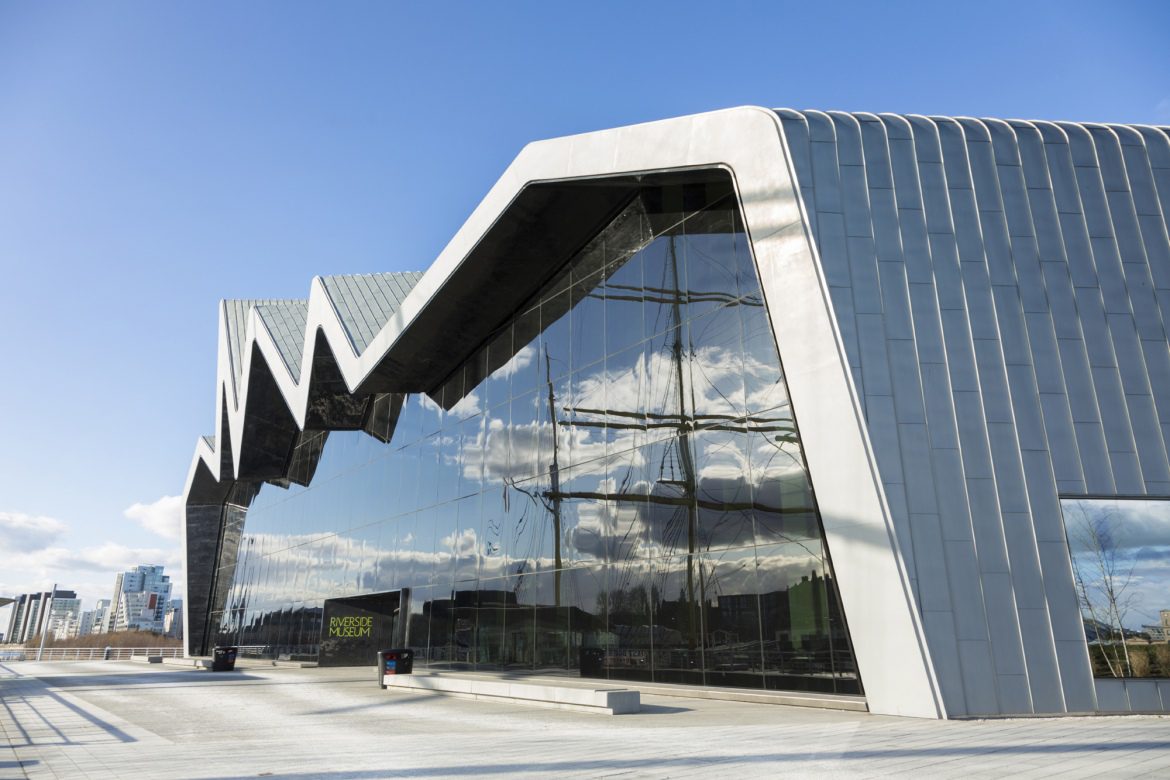A ROW over gender inequality among Scottish Labour’s Glasgow councillors has been reignited after two women revealed they are challenging the “old guard” for key leadership positions when an AGM is held tomorrow. . http://www.heraldscotland.com/news/16237640.Glasgow_Labour__39_s___39_sexism__39__row_reignited_as_women_bid_to_unseat___39_old_guard__39_/
News
 Brian McGuireMay 20, 20181 Mins read231 Views
Brian McGuireMay 20, 20181 Mins read231 Views
Glasgow Labour’s ‘sexism’ row reignited as women bid to unseat ‘old guard’

xriversidemuseum
Recent Posts
Related Articles
News
Scots midwife to take on ultra marathon to support parents affected by baby loss
In a unique display of dedication, Rosyln Lolic, a Scottish midwife, is...
By Lewis McGuireMay 4, 2024
News
Luxury Ayrshire care home with cocktail lounge set to be approved
A high-end 60-bed care home is in the works, to be located...
By Lewis McGuireMay 4, 2024
News
Family of young Scots driver killed in crash left ‘devastated and numb’
The family of a young man from Scotland, who tragically passed away...
By Lewis McGuireMay 3, 2024
News
Removing Humza Yousaf ‘worst thing Unionists could have done’, says John Curtice
Eliminating Humza Yousaf has been described as “the greatest mistake Unionists could’ve...
By Lewis McGuireMay 3, 2024









